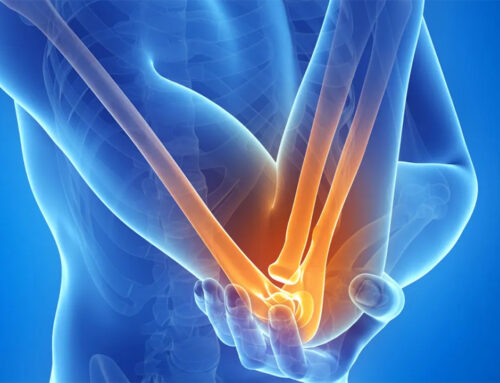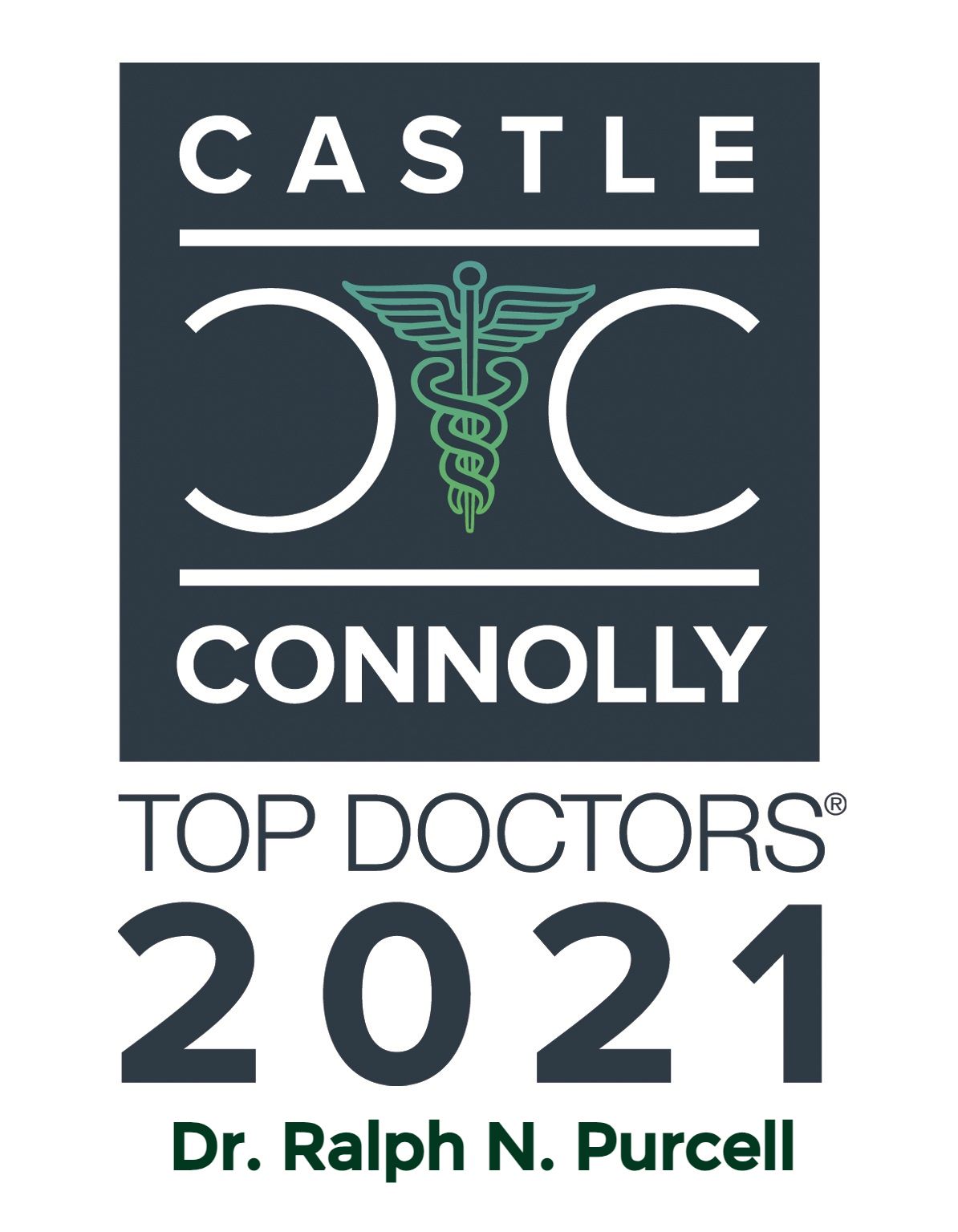Headaches are commonplace and they seem to just be part of our busy life – too much stress, too much aggravation, and maybe too much time with a less than pleasant relative. On top of that, aren’t they just a buildup of chemicals in the brain, if even that? Aren’t they the problems of a neurologist to deal with? Yet, sometimes, they are a window into understanding more serious problems. As an orthopedic surgeon, a musculoskeletal specialist, I don’t dwell on how headaches can be a symptom of brain dysfunction, an abnormal chemical level in the brain, or even evidence of a brain tumor when the severity or frequency of the headache becomes overwhelming. But I do think about the headaches my patients might have.
The reality is that sometimes the origin of a headache is not the head such as you might think, but the neck. You can get fooled, such as the left arm pain that is not a sore muscle but, instead, a heart attack striking you. There is a condition called a cervicogenic headache or a headache stemming from the neck. Neck problems can cause pain in the neck that travel to the upper back, shoulder blades, arms, or sometimes even the head. Sometimes headaches can be an early symptom of a neck strain, sprain, or herniated disc and it is important to know that sometimes neck problems will not even cause neck pain, while causing pain elsewhere in the body. So, it is important to recognize injury and health patterns so that problems do not go unrecognized.
Headaches secondary to a neck condition do not need injury as an origin, but instead can be the result of degeneration or progressive nerve irritation/ inflammation in the neck at the level of the spinal cord (the major nerve cable in the body) or nerve roots branching out into the arms from the spinal cord. The nervous structures can be pinched, irritated, rubbed against, or constricted and the body’s response to these situations can be a headache. Often, the headache is in the back of the head, but it can occur at any location.
Your body has a superb creator but we, like all machines, need to be tended to and our workings need to be respected. The warning signs of trouble need to be investigated. Persistent and especially severe pain needs to be addressed and evaluated. Often physical therapy for the neck or chiropractic care can alleviate the headache; sometimes nonsteroid anti-inflammatory medicine is required. Surgery, though, is not expected to be necessary in the vast majority of these cases. Just remember to consider, with your next headache, that your neck, not your brain, maybe the culprit.
With persistent or severe headaches, see your healthcare provider and get checked out. Doing so can help keep your body healthy and running smoothly.
Schedule appointment
About Dr. Purcell
Dr. Purcell specializes in orthopedic surgery as well as hand/upper extremity surgery. He has a particular interest in utilizing minimally invasive procedures for his patients. Dr. Purcell was one of the first orthopedists to popularize the endoscopic surgical technique for treating carpal tunnel syndrome surgery, which leads to a faster healing time. He furthered the field of orthopedic surgery with both local and national lectures and presentations, helping colleagues gain insight and knowledge to improve patient care and outcome. His other areas of interest include biological regeneration/rejuvenation of joints, arthritis, tendinitis, nerve compression, repetitive stress disorders and trauma.





